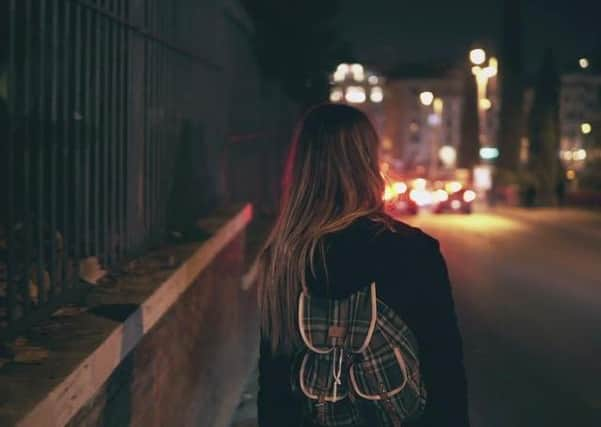Lincolnshire’s streetlight switch-off leads to £1m saving


Ministry of Housing, Communities and Local Government data shows Lincolnshire County Council spent around £3.9 million on street lights in 2019-20.
That was down from 2014-15, when the council spent around £5.3 million, after the figure was adjusted for inflation – a real-terms cut of 28% over five years.
Advertisement
Hide AdAdvertisement
Hide AdAcross England, street light spending fell by 15% in real terms over the same period.
Councils - including Lincolnshire - point out they have faced huge financial challenges in the wake of years of central funding cuts.
Many of those cuts forced authorities to review their budgets for local services, including street lights, to save money.
Some have made large savings on carbon emissions and energy bills by switching to LED lights, or by operating partial night-time switch-off regimes in their area.
Advertisement
Hide AdAdvertisement
Hide AdHowever, the decision has proved controversial, and the recent death of Sarah Everard - who disappeared while walking home from a friend’s house in London last month - has prompted a wave of concern about women’s safety on the streets.
The Government said it is taking a series of ‘immediate steps’ to improve security, including a doubling of the ‘Safer Streets’ fund – which provides neighbourhood measures such as better lighting and CCTV to £45 million.
A petition calling on Lincolnshire County Council to keep street lights on all night has already attracted thousands of signatures.
The county Council and Lincolnshire Police stress the decision to switch off some lights has not had an adverse impact on safety.
Advertisement
Hide AdAdvertisement
Hide AdNevertheless, several of our readers have come forward after the Sarah Everard case to say they did not feel safe walking home at night.
Nesil Caliskan, chair of the safer and stronger communities board at the Local Government Association which represents councils, said: “Community safety is a top priority for local authorities.
“Despite significant funding pressures in recent years, councils continue to spend and invest heavily on street lighting, including in upgraded, environmentally friendly lighting which costs less to run.
“We are pleased at the extension of the Safer Streets Fund, but its primary aim is to tackle persistent street crime and burglary, so while helpful to see increased funding for crime prevention measures, there needs to be a renewed focus on measures that will effectively tackle violence against women and girls.”
Advertisement
Hide AdAdvertisement
Hide AdShe added that there needs to be a ‘wider societal cultural shift’ towards preventing abusive and violent behaviour.
She added: “Women and girls should be safe walking home alone on any street in the country, at any time of day.”
Councils have not bowed to public pressure to switch lights back on and LCC point out concerned town and parish councils can pay for lights to be left on through the night.
Louth & Horncastle MP Victoria Atkins recently said the Government is committed to doing ‘everything we can’ to make the streets safe for women following Ms Everard’s death.